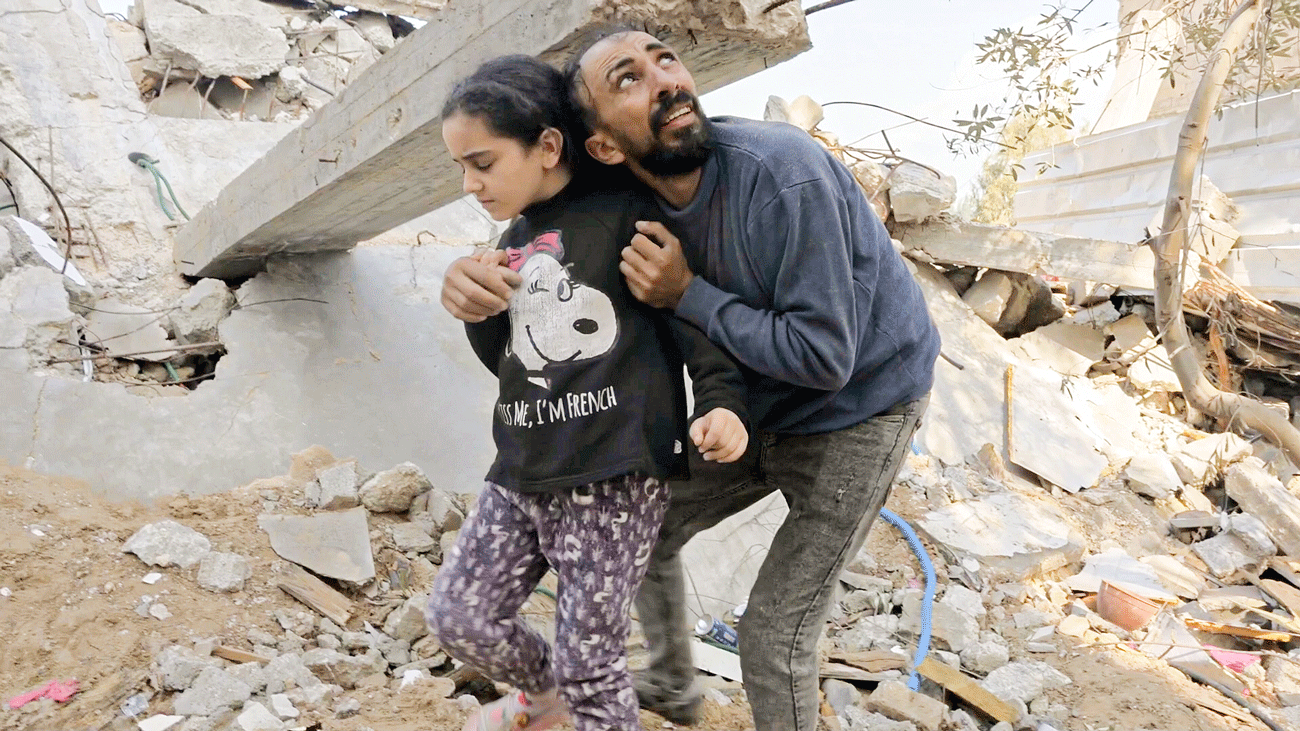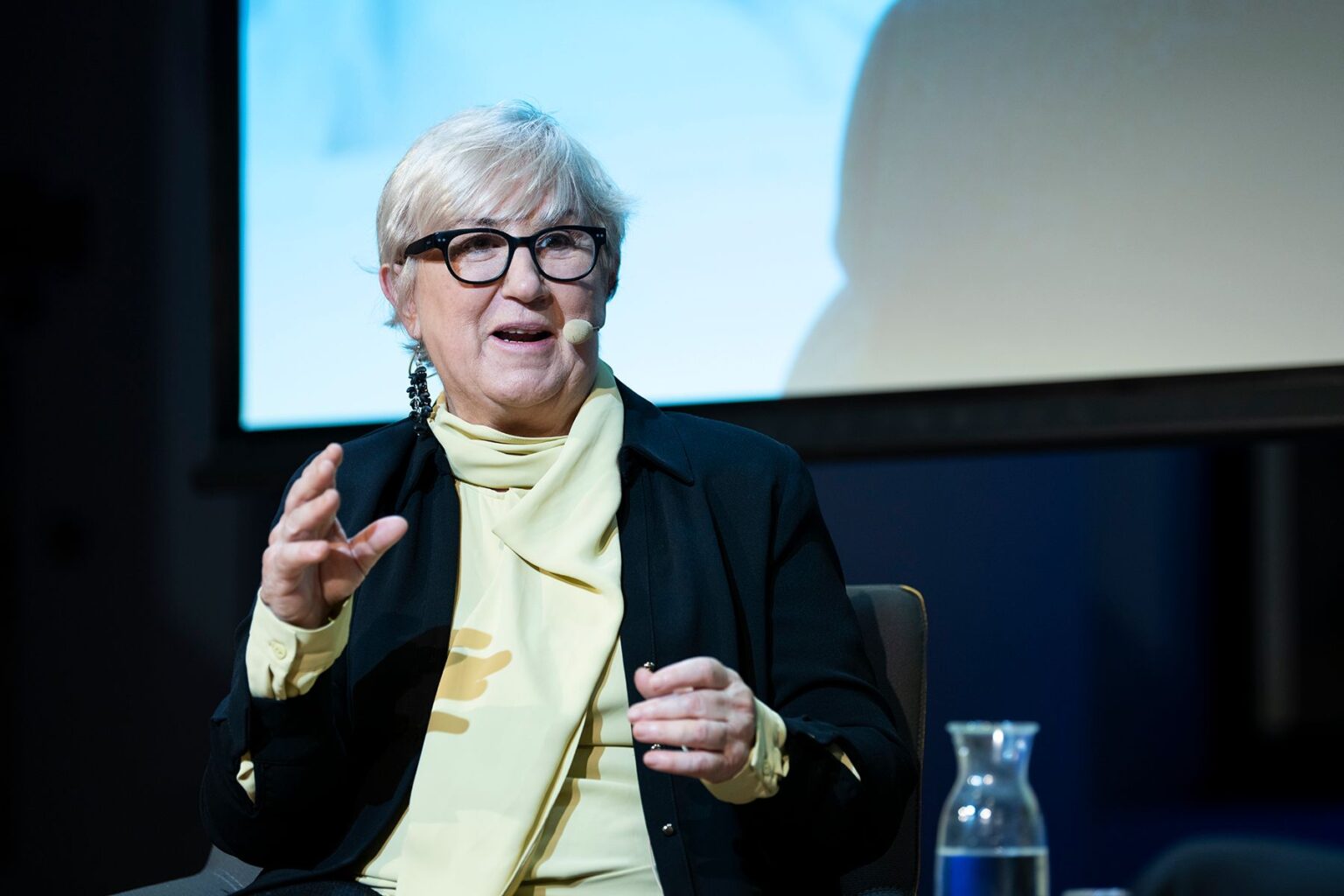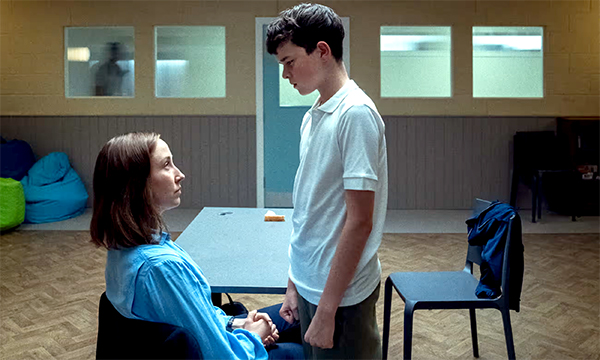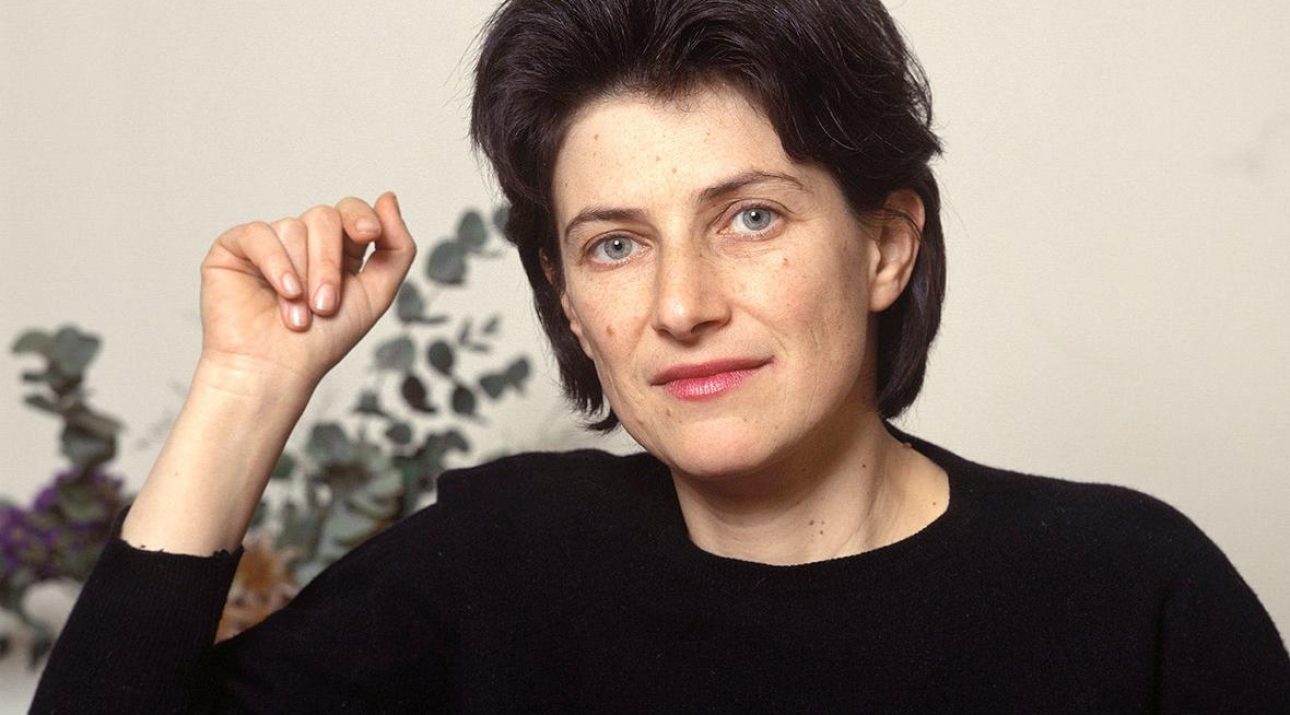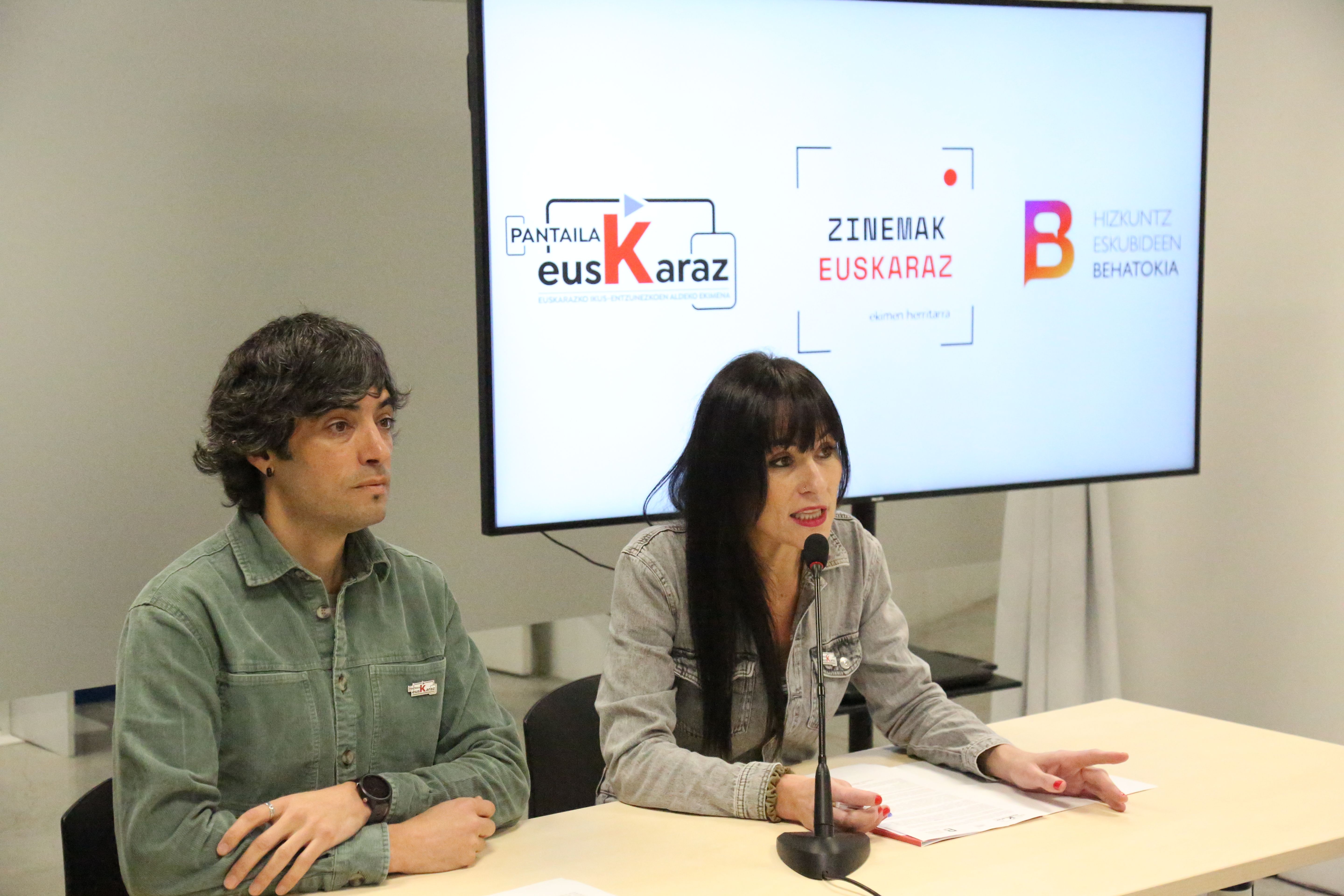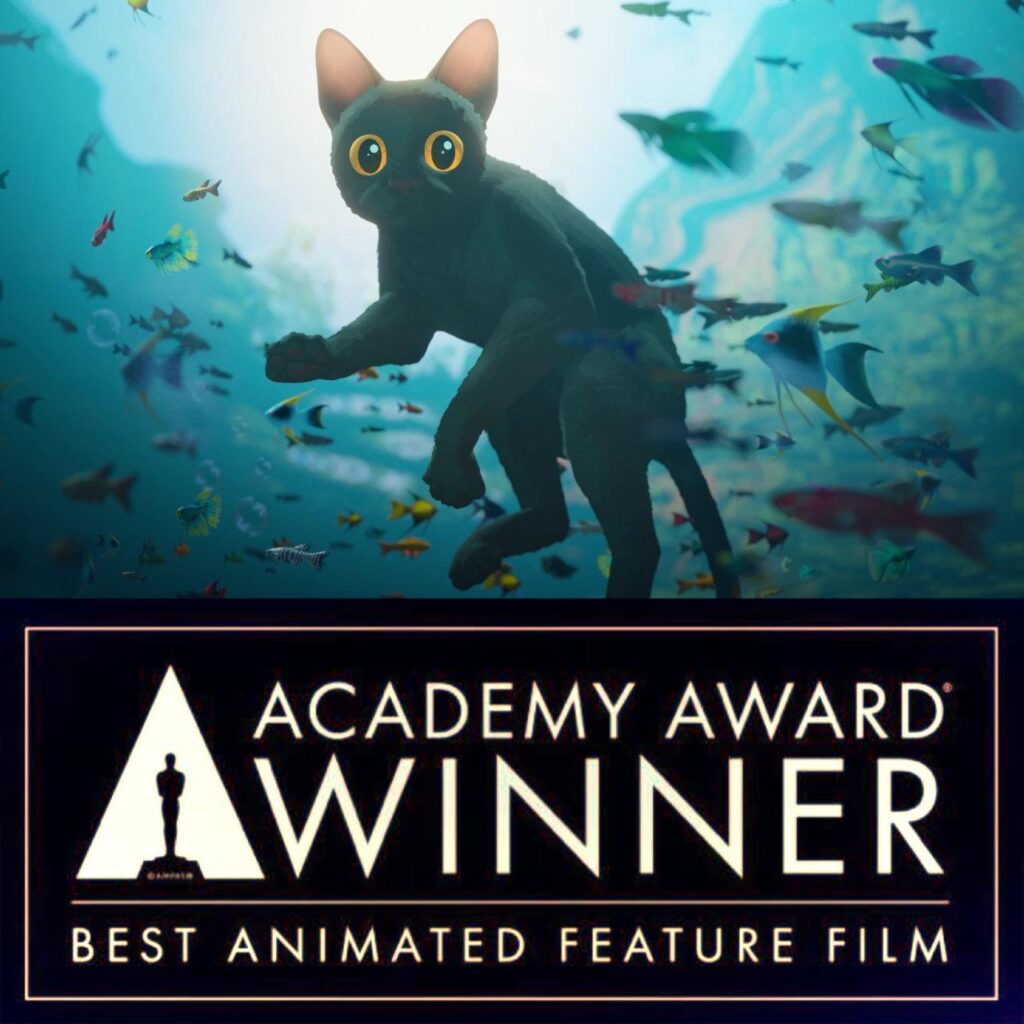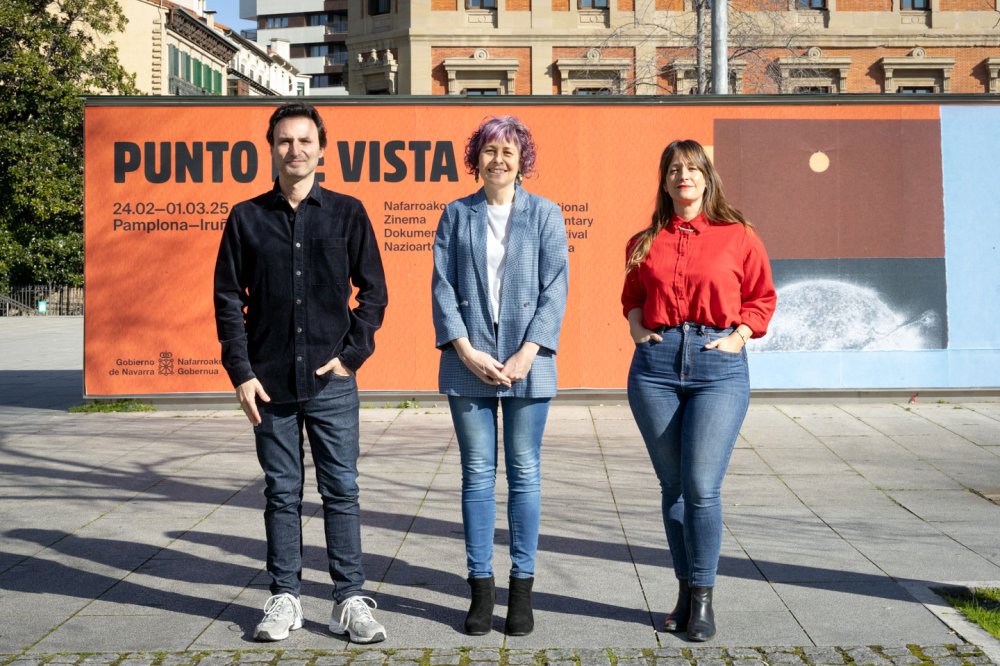"I try to be where you have to be, that's militancy."
- The Galician actor Luis Tosar (Lugo, 1971) has already achieved the Concha of the San Sebastian Film Festival, with I give you my eyes, and three Goya Awards (Monday to the Sun, I give you my eyes, Cell 211) in Spain. He is also a producer and part of the Di elas musical group. Both in front and behind the camera, the guest will reflect on the social problems that are occurring in the Basque Country.
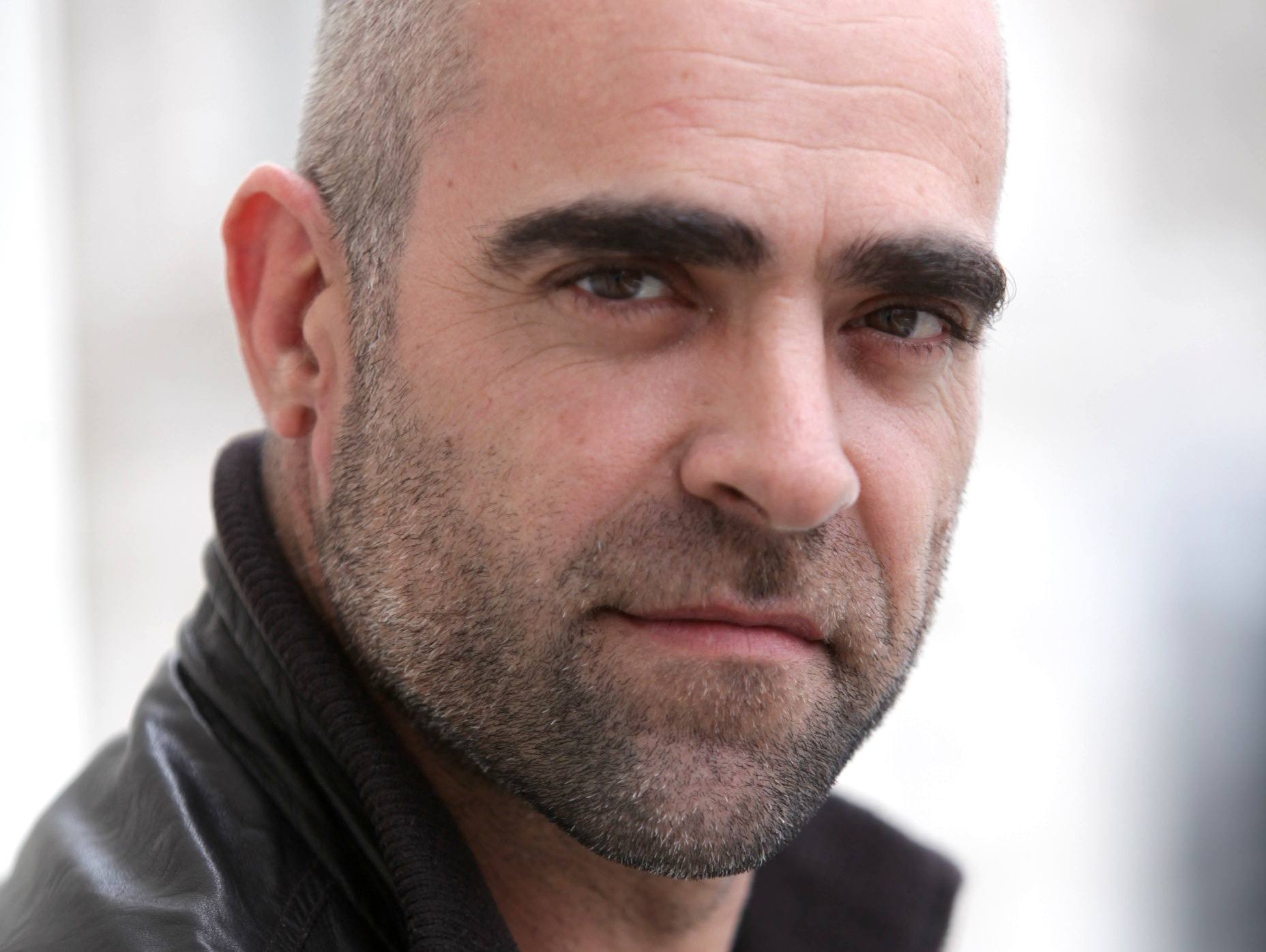
Operation E has premiered alongside the Peace Talks between the FARC guerrillas and the Government of Colombia. What reality of Colombia have you reflected in the film?
We address a specific part of the conflict, based on a real fact: Clara Rojas, a prisoner of the FARC, had a son and was handed over to a family of farmers to take care of him. We've told the story of this family, who lived for two years to get their child through. The objective has not been to analyze the armed conflict in Colombia.
But this context is evident in the movie. When talking about this type of conflict, there is a risk of stereotyped characters, of posing the conflict between the evil and the good…
Yes, telling a story about an armed conflict is always complex, they are all infected by many factors, but our story is told from the point of view of the protagonist, and for the protagonist all the differences are malignant: it is one of those four million victims who have been displaced by paramilitaries, or by the FARC, or by the army… All those who live in poor neighborhoods of big cities in anonymity are the ones who finally suffer and nobody counts.
You've participated in the cholera short film, shot in Navarra and directed by Donostiarra Aritz Moreno. The idea is to release it at the end of the year, how has the experience been?
Almost everything is recorded in the sequential plane [without pause], with a comic tone, and in the background speaks of intolerance. It is decided that a certain person must be discarded and everyone joins it. It's one of the big mistakes of today: sometimes it's easy to convince everyone that someone is bad or represents something bad, and to punish everyone before making a real analysis of the situation.
The crisis and speculation of housing is at the heart of its final project (Phenomena). It usually deals with social issues on the big screen.
Telling stories takes a lot of money, we have that responsibility, and I try to make those stories have a reading that goes further. If people are going to watch the movie, besides entertaining, it is not bad to have the opportunity to reflect, because every day we live difficult issues to reflect on.
Does film then serve to shake consciences?
At least, it can serve for reflection. In the room, in the dark, the spectator can reflect for more than an hour on the theme he has on the screen, since, despite the themes that appear in the media, we do not always offer the necessary attention at a very intense daily pace. Everything goes extinct right away, the news disappears at the same speed as it is disseminated, and cinema offers more possibilities to delve deeper into the themes. We build characters that can empathize with the viewer, and if we capture it emotionally, the message or the theme will have more influence on the audience, it will go further.
And how did you empathize with your characters, for example, when you played the role of the abuser or killer?
That is our job. With all the consequences you enter the character's skin, don't judge and you must convey it to the viewer in the most convincing way possible. It doesn't mean that you match the character's principles, but you have to defend it all the way to the end, and that's where the richness of interpretation lies. We are a tool at the service of an idea, a message or an emotion, and on a personal level it is perhaps unpleasant to represent the role of the evil one, but professionally it can be a lot of fun. It's in the public's hands to hate the character or understand the motivations behind it, or whatever. I referred to those reflections in the previous answer, because when we see a news item we find it difficult to reach those levels of reflection, because it often lacks to give the circumstances, the characteristics, the context… that is behind a fact.
Even outside the screen, you’ve been involved in numerous demands related to social issues. These include the complaint about the disaster caused by the ship 'Prestige'. Ten years have passed this year and the trial has just begun.
It was a great tragedy and a special moment, because seldom all the people go out into the streets in such a clear way to protest and demand accountability. It is true that over time the movement was losing strength, and the present trial is a farce, an agreed agreement, more than anything. It does not seem that responsibilities will be required and it will be necessary to mobilise again, but it will be difficult, because the issue has cooled down.
At one time he appeared on the lists of the BNG in Galicia, but then decided to withdraw from politics. Did you end up tired of politics?
Yes, I realized that it is important to know where we are each, what our scope is, and where the contributions we can make are. And in politics, I saw that I'm not useful and that I'm not comfortable. Marketing is very important in this world, they want to satisfy all the trends within the party… Now, I try to be where you have to be, that is militancy, make noise and give voice, as possible, to forums that have no voice. I would like it not to end the shock and I will not support it, but people are very tired and I am not surprised at the violent attitudes that can happen, because politicians are making decisions that do not respond to the opinion of the people. It is a terrible thing, because they are the people that the people themselves have put there. It is the social movement that should guide the direction of the world, but unfortunately it is not.
He received the Xarmenta Prize in 2005 for his defense of the Galician. What is the Galician for you?
My land is my mother, the language of my parents, I've grown up in that culture. It is a sign of the identity of all the Galicians, but there are sectors that have treated it very badly, in particular the pp has rejected it at decisive moments. Now we are at one of those moments: we managed to make some progress and once again they have thrown stones at him. The mother tongue was making its way in different areas, especially in the cultural, but in education Galician prevails and have started with this type of attacks…
Being a well-known and respected actor, how does people take you when they take you as a reference point of social demands, a language, a people…?
I try to manage it with caution and in the most reasonable way possible, because it is dangerous, both for me and for those who regard you as referents, because being referents is always dangerous. Believing in something or someone blindly is dangerous, idealizations are not good and critical thinking enriches us, analyzing the positive and adverse characteristics and taking steps consciously. I myself try to relativise everything, be prudent, although I do not always get it and sometimes I do not transmit the message as I would like, we always have to be careful. In general, I would say that I have defended things that I think are socially just, and my intention is not to attack anyone, but to be consistent with my thinking.
You are one of the producers of ZircoZine. What is your philosophy?
We carry out projects with people from our environment, with trusted people, with the intention of telling stories about Galicia and showing its talent. In addition, these are usually films that are outside the business circuit and that is why the effort is increased, we collaborate with other products to give the opportunity to bolder projects: Phenomena, 18 meals, Crebinsky… We are a small producer and our goal is not to do business, but to bet on small films and personal. That means going beyond entrepreneurial involvement, because they're not economically profitable films, but they're both films, stories to tell.
It seems that in times of crisis culture is often one of the most punished, is it not a strategic sector?
On the one hand, I can understand that the public is dealing with more important things, such as non-eviction, but it is also true that the culture industry is a very strong industry, which moves many jobs, and that is not always transparent. It is a large family, living from culture, including cinema, and should be a sector to take into account. In our case, we will now begin to see how the rise in VAT will affect Spanish film production, which was already very bad. The producers are closing down because alongside the decisions to raise VAT there is no other policy, such as tax incentives to attract private investors; we have no support and the U.S. industry has a monopoly on distribution.
“Ulertzen zaila da Galizia, baina beste edozein leku bezala; zuek ere [EAEn] zenbat urtez izan duzue EAJ gobernatzen? Nire ustez, Feijoó azkarra izan da hauteskundeak aurreratuta, Madrilgo Gobernuaren neurriek ez baitiote inongo mesederik egiten eta beste urtebeteko epean jarraitzaileak galdu ditzake. Alternativa Galega de Esquerdarekin ikusi da, Beirasek eserleku asko lortu ditu hilabete eta erdiko kanpainarekin eta alternatiba indartsua da Galiziarako. Badirudi galiziarrek DNAn daramatela PP, baina Beiras bezalako lider indartsua agertzen denean, aldaketarako nahia dagoela antzematen da, alternatiba badago, eta ziur naiz noizbait lortuko dugula”.
No other land dokumentalaren zuzendari Hamdan Ballal kolono sionistek jipoitu zuten astelehenean bere herrian, beste hainbat palestinarrekin batera, eta Israelgo militarrek eraman zuten atxilo ondoren. Astarte goizean askatu dute.
Donostiako Tabakaleran, beste urte batez, hitza eta irudia elkar nahasi eta lotu dituzte Zinea eta literatura jardunaldietan. Aurten, Chantal Akerman zinegile belgikarraren obra izan dute aztergai; haren film bana hautatu eta aztertu dute Itxaro Bordak, Karmele Jaiok eta Danele... [+]
35 film aurkeztu dira lehiaketara eta zortzi aukeratu dituzte ikusgai egoteko Euskal Herriko 51 udalerritan. Euskarazko lanak egiten dituzten sortzaileak eta haiek ekoitzitako film laburrak ezagutaraztea da helburua. Taupa mugimenduak antolatzen du ekimena.
Pantailak Euskarazek eta Hizkuntz Eskubideen Behatokiak aurkeztu dituzte datu "kezkagarriak". Euskaraz eskaini diren estreinaldi kopurua ez dela %1,6ra iritsi ondorioztatu dute. Erakunde publikoei eskatu diete "herritar guztien hizkuntza eskubideak" zinemetan ere... [+]
Geroz eta ekoizpen gehiagok baliatzen dituzte teknologia berriak, izan plano orokor eta jendetsuak figurante bidez egitea aurrezteko, izan efektu bereziak are azkarrago egiteko. Azken urtean, dena den, Euskal Herriko zine-aretoak gehien bete dituztenetako bi pelikulek adimen... [+]
Otsailaren 24tik eta martxoaren 1era bitartean, astebetez 60 lan proiektatuko dituzte Punto de Vista zinema dokumentalaren jaialdian. Hamar film luze eta zazpi labur lehiatuko dira Sail Ofizialean; tartean mundu mailako lau estreinaldi eta Maddi Barber eta Marina Lameiro... [+]
A conference for architects has just been held in Madrid to discuss the crisis of the professional architect. They have distinguished the traditional and contemporary way of being an architect. What is traditional? From the epic architect who appears in The Brutalist, where... [+]












